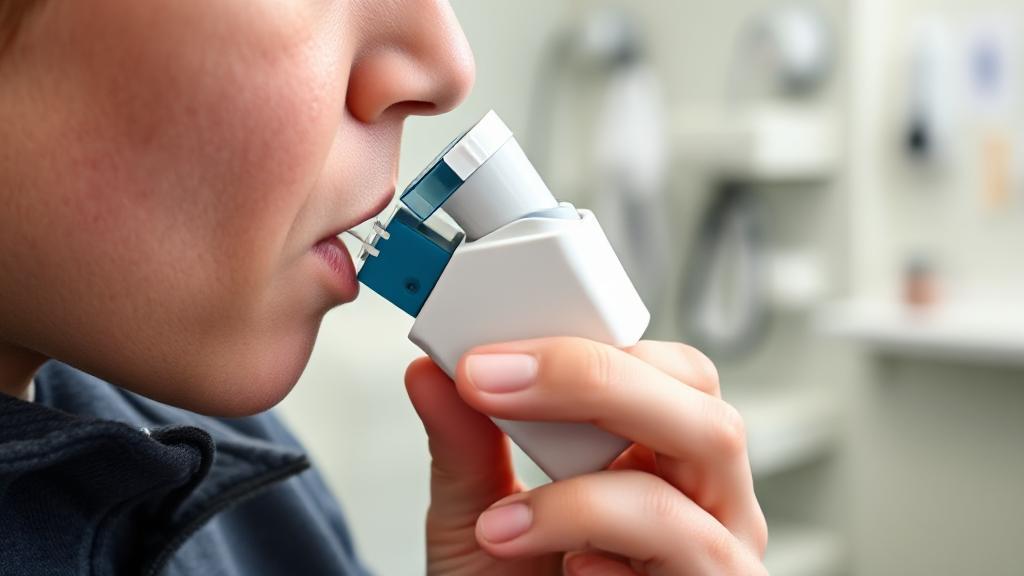Understanding Albuterol Inhalers
Albuterol inhalers are a common and effective treatment for managing asthma and other respiratory conditions. They work by relaxing the muscles in the airways, making it easier to breathe. Unlike controller medications, albuterol provides rapid relief of sudden symptoms.
When to Use an Albuterol Inhaler
Albuterol inhalers are typically used for:
- Acute Asthma Attacks: They provide quick relief from sudden asthma symptoms
- Exercise-Induced Bronchospasm: Using an inhaler 15-30 minutes before exercise can prevent symptoms
- Chronic Obstructive Pulmonary Disease (COPD): They help manage symptoms in COPD patients
Recommended Usage Guidelines
Standard Usage
- 1-2 puffs every 4-6 hours for temporary relief
- Maximum recommended dose: 8 puffs per 24 hours
- Wait at least 1 minute between puffs
- Always keep track of the number of doses used
During Asthma Attacks
Emergency Protocol:
- Use 4-8 puffs every 20 minutes for up to 4 hours
- Seek immediate medical attention if symptoms don't improve
- Keep track of total doses used
Proper Technique Matters
Steps for Correct Usage
- Remove cap and shake inhaler
- Exhale completely
- Place mouthpiece between lips
- Begin slow inhalation while pressing canister
- Hold breath for 10 seconds
- Wait 60 seconds before second puff if needed
Warning Signs and Side Effects
"Frequent use of rescue inhalers is a red flag that your asthma is not well-controlled and you should consult your healthcare provider." - American Academy of Allergy, Asthma & Immunology
Common side effects include:
- Tremors
- Rapid heartbeat
- Anxiety
- Headache
- Throat irritation
- Nervousness
- Insomnia
- Dry mouth
Monitoring and Maintenance
Digital Tracking Options
- Smart inhaler attachments
- Mobile apps for dose tracking
- Electronic dose counters
Maintenance Tips
- Clean the inhaler weekly
- Check expiration dates regularly
- Keep track of remaining doses
- Store at room temperature
- Always have a backup inhaler available
When to Seek Medical Advice
- Frequent Use: If you need to use your inhaler more than twice a week
- No Improvement: If symptoms do not improve after using the inhaler
- Severe Symptoms: If you experience severe breathing difficulties
- Using more than one canister per month
- Experiencing worsening symptoms despite proper usage
Resources and Support
Working with your healthcare provider to develop an Asthma Action Plan is crucial. For proper inhaler technique, consult this guide from the CDC. Additional information can be found through the American Lung Association or Asthma and Allergy Foundation of America.
